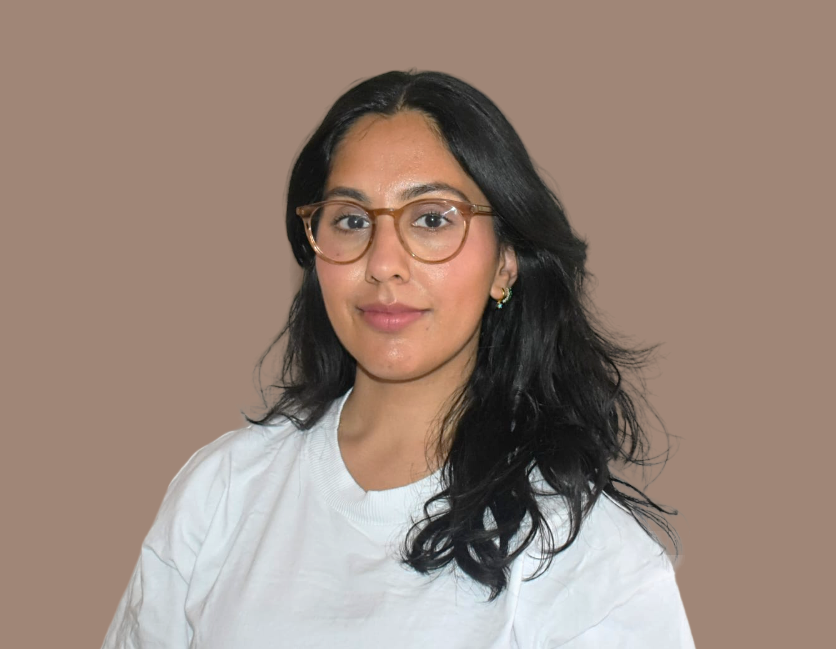
Geospatial jobs of the week – GIS Specialisten, K2 Geospatial, Development Seed, Vexel Imaging, and Geocortex are hiring
Are you enthusiastic about location data or anything geospatial, then this is the job portal for you! At Geoawesomeness, we’re working on creating an interactive job portal to connect companies to enthusiastic talent! By the way, we spontaneously post jobs on our LinkedIn throughout the week, so make sure to follow us there!
If your company is looking for new talent and you want to share the opportunity with our community, feel free to submit a job using the online form for us to review and include in our list!
Here are some of the jobs that are currently available:

Featured Job: GIS Developer at World Food Programme
📍Rome, Italy
The World Food Programme is hiring a GIS Developer! You will be responsible of maintaining and further improve a Web GIS platform implemented by the GIS team for the Logistics Cluster and provide support for the rollout of the GIS infrastructure in country offices and regional bureaux. Qualified female applicants and qualified applicants from developing countries are especially encouraged to apply. Want to find out more? More information here.
Featured Job: Senior Front-end Developer at urbanData Analytics
📍Madrid, Spain
UrbanData Analytics are the Global Real Estate Information & Analytics platform that will provide transparency to the Real Estate market and information to the citizens to take better decisions. Want to know more about them? Read our interview here.
If you enjoy the challenges of state-management in user interfaces using a Redux-like approach with RxJS streams, then this position is perfect for you! Apply here.
Featured Job: Full-stack Developer at urbanData Analytics
📍Madrid, Spain
urbanData Analytics’ stack and requirements are complex. In particular, their engineering team must combine specialists such as frontend, backend or data engineers with more flexible developers. Does that sound interesting to you? Apply for this exciting position here
University of Alberta: Geospatial Data Services Librarian, Digital
📍Edmonton, Canada
GIS Specialisten: Remote Sensing Analyst
📍Utrecht, Netherlands
K2 Geospatial: Full Stack Web Developer
📍Montreal, Canada
SWCA Environmental Consultants: GIS Specialist
📍Salt Lake City, UT USA
University of Twente: PhD Candidate Understanding Sustainable Urban Systems with Geospatial Data Analytics
📍Enschede, Netherlands
Pixxel: Lead AI Engineer
📍Bengaluru, India
Vexel Imaging: GIS Analyst
📍Graz, Austria
Development Seed: ML Engineer
📍Washington DC, USA
We have so many more jobs in our job portal, and couldn’t possibly fit them all in this blog. If you don’t see anything here for you, go to our job portal!
Are there any specific things you’d like to see in our job portal? Feel free to get in touch.
Want to get your dose of Jobs in Geo directly to your inbox? Subscribe to our jobs newsletter here.




